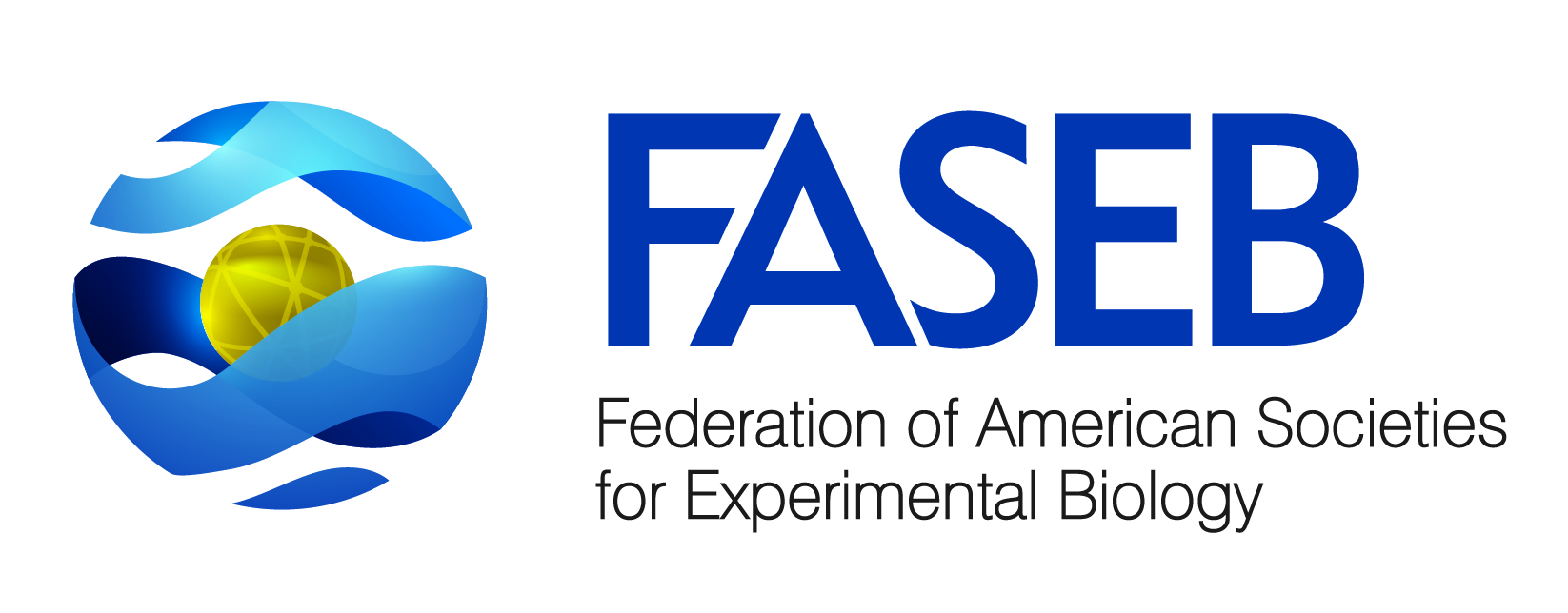Newswise — BETHESDA, Md., March 29, 2017 – Cutting-edge multidisciplinary research from across the life sciences will be presented at the Experimental Biology 2017 meeting (EB 2017), the premier annual meeting of six scientific societies in Chicago to be held April 22–26.
With a mission to share the newest research findings shaping clinical advances, EB 2017 will feature research from leading scientists representing dozens of scientific disciplines. Register for a free onsite press pass, or stay up to date on all the exciting research news at EB 2017 through the new EB Virtual Newsroom, your one-stop shop for press releases, meeting information and blog posts.
Find out about more of the exciting research planned for EB 2017 by using the EB App. Highlights from EB 2017 include: • The Evolution of Vertebrate Form and Function Plenary Session: University of Chicago anatomist Neil Shubin will kick off this exciting plenary session. Shubin hosted the PBS series “Your Inner Fish,” which is based on his best-selling book “Your Inner Fish: A Journey into the 3.5-Billion-Year History of the Human Body.” Shubin is also known for the significant discovery of the 375-million-year-old Tiktaalik roseae fossil, an important transitional form between fish and land animals. The plenary session is part of a daylong American Association of Anatomists Vertebrate Paleontology Mini-Meeting. (Monday, April 24, 8:30–10 a.m. in McCormick Place Room W176AB)
• The CRISPR-Cas9 Revolution in Pharmacology: Gene editing with CRISPR-Cas9 has ushered in a new era of molecular biology. This technology produces small, precise edits to the genome using inexpensive components, making it readily accessible for a variety of applications. This American Society for Pharmacology and Experimental Therapeutics symposium will feature presentations on the history and theory behind CRISPR-Cas9, its use in modeling and treating disease, and how it is applied in drug discovery. (Monday, April 24, 9:30–12 p.m., in McCormick Place Room W470B)
• Blood Doping: Physiology, Pharmacology and Detection Challenges Symposium: Blood doping—artificially increasing an athlete’s red blood cells to enhance physical performance—remains one of the hottest and most controversial issues in sports medicine. In this American Physiological Society symposium, experts will discuss the current state of blood doping in sports, new methods for detecting blood doping and strategies for deterring the practice. The symposium will include speakers from the U.S. Anti-doping Agency, Sports Medicine Research Testing Laboratory and Massachusetts General Hospital. (Wednesday, April 26. 10:30 a.m.–12:30 p.m. in McCormick Place Room W196C)
• Immigration and Visa Issues for Foreign STEM Graduate Students and Postdoctoral Fellows Panel: This informative American Society for Biochemistry and Molecular Biology panel session will feature speakers with personal or professional experience in various visa and immigration processes. The panel session is designed to provide foreign graduate students and postdoctoral fellows, as well as their mentors, with information on navigating immigration and visa issues. (Sunday, April 23, 2:30–4:45 p.m. in McCormick Place Room W185A)
• Ductal Carcinoma In Situ—Discerning Aggressive Versus Benign Disease Using Molecular Features: Ductal carcinoma in situ (DCIS) is the most common type of non-invasive breast cancer. Having DCIS increases a person’s risk for reoccurrence or for developing invasive breast cancer. During this American Society for Investigative Pathology Breast Cancer Workshop, experts in this field will discuss the future of molecular testing for DCIS as well as using gene expression patterns and microRNA-expression signatures to predict cancer aggressiveness. (Saturday, April 22, 8:30–11 a.m. in McCormick Place Room W179B)
• Nutrition and Carcinogenesis: Mechanisms, Clinical Care and Population Strategies for Prevention and Control: At this American Society for Nutrition presidential symposium, leading researchers will discuss the link between nutrition and metabolism as well as ways that food and nutrition can be used for cancer prevention and treatment. Speakers include experts from Case Western Reserve University School of Medicine and the Ohio State Comprehensive Cancer Center. (Monday, April 24, 8:30 a.m. in McCormick Place Room S100BC)
Contact us for more information on any of these symposia.
Don’t forget to follow us on Facebook and Twitter (#ExpBio) for news and updates during EB 2017.
Join us for EB 2017 in person or online: Register for Virtual Newsroom Access: Get press releases, multimedia & news tips online Register to Attend EB: Get a free onsite press pass (deadline April 20) Subscribe for Email Updates: Get monthly meeting updates & highlights View the Preliminary Program: Get the latest information on planned scientific sessions and events EB Mobile App: Access abstracts or build a personalized schedule. You can download the app to your mobile device or use it on a web browser. Follow & Share: Read meeting blogs and engage on social media
EB sponsoring societies include the American Association of Anatomists, American Physiological Society, American Society for Biochemistry and Molecular Biology, American Society for Investigative Pathology, American Society for Nutrition and American Society for Pharmacology & Experimental Therapeutics.
###
